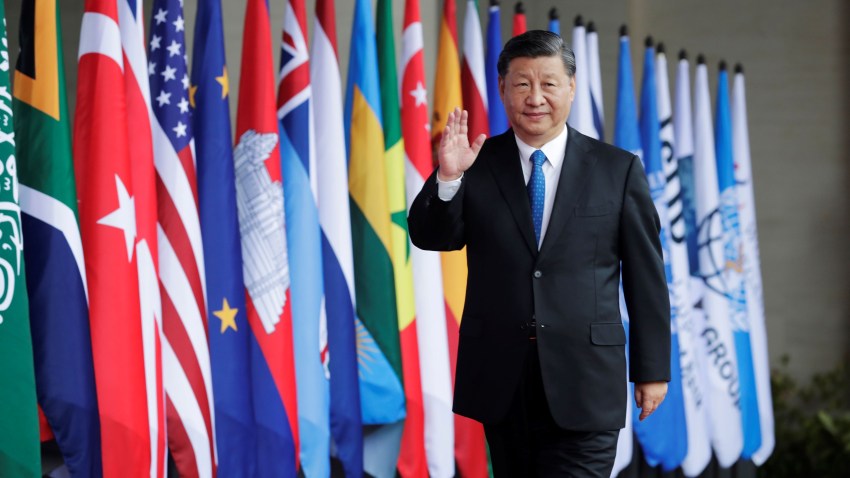Despite recent economic troubles and structural barriers to increasing domestic consumption, Chinese President Xi Jinping still has ambitions to present China as an alternative model of development for the rest of the world. In 2021, closely timed to his speeches on Common Prosperity, Xi announced the Global Development Initiative, or GDI. While the GDI carries on some of the goals of the Belt and Road Initiative in terms of its focus on promoting development in the Global South, it is scaled down from the BRI’s emphasis on huge infrastructure projects, which have proved to be economically and politically difficult to complete.
Xi has portrayed this downsizing as an interest in “small but beautiful” projects. However, the conceptual aims of the GDI are broader than the BRI, especially when coupled with Xi’s other recent pronouncements of a Global Security Initiative and Global Civilization Initiative. As a package, they represent Beijing’s vision of an alternative to U.S. hegemony, with China’s role front and center. As the Atlantic Council noted this summer, these initiatives are “China’s ‘blueprint’ for transforming the global order.”
It’s no coincidence that Xi’s pronouncements for global development and for domestic Common Prosperity occurred in 2021, at a time when he appeared confident that China had emerged victorious from the pandemic and could use this boost to its international reputation to articulate a new global path forward based on China’s successes. But even as China’s post-pandemic recovery stalls and Russia’s war against Ukraine drags on, Xi’s promotion of these initiatives hasn’t waned. To the contrary, they featured prominently at the latest BRICS Summit in South Africa, where Xi announced a new fund to support GDI initiatives in poverty alleviation and food security.

